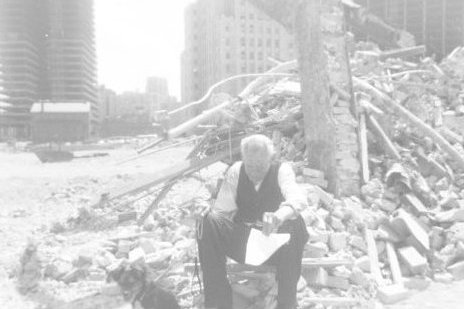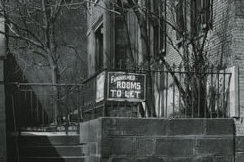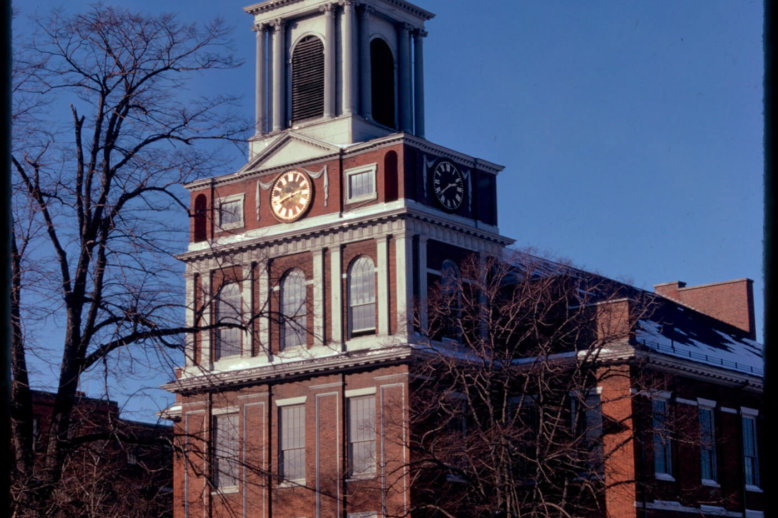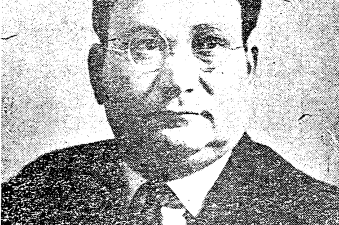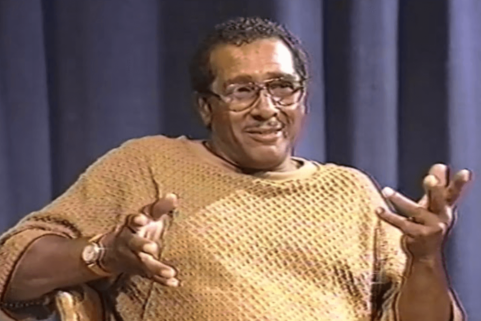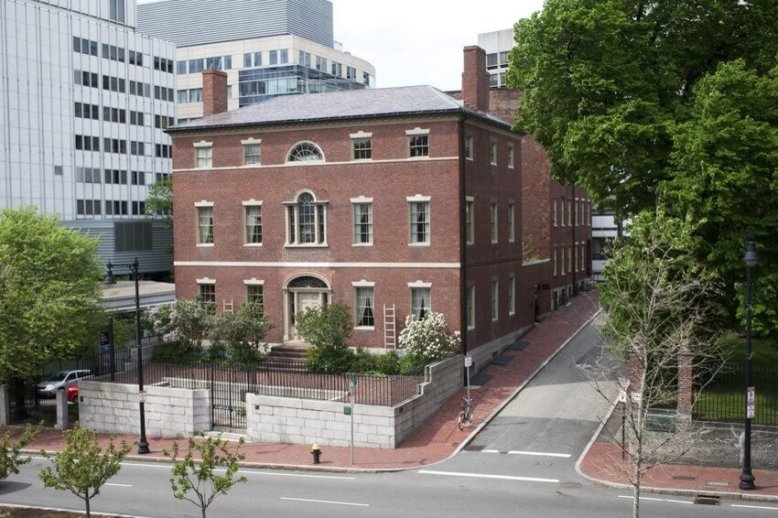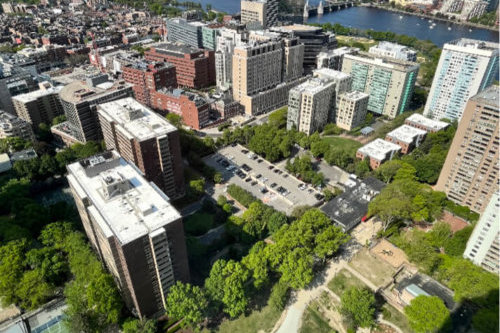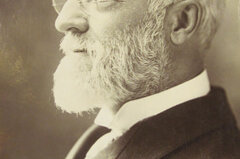Urban Renewal and Social Isolation
Urban renewal projects, like that in the the West End, have long promised to revitalize aging urban areas, create economic opportunities, and improve living conditions for residents. Despite these positive intentions, urban renewal has also resulted in false promises, the physical destruction of neighborhoods, and forced removal of residents. Such negative impacts have resulted in social isolation, lost social connections, and loneliness.

